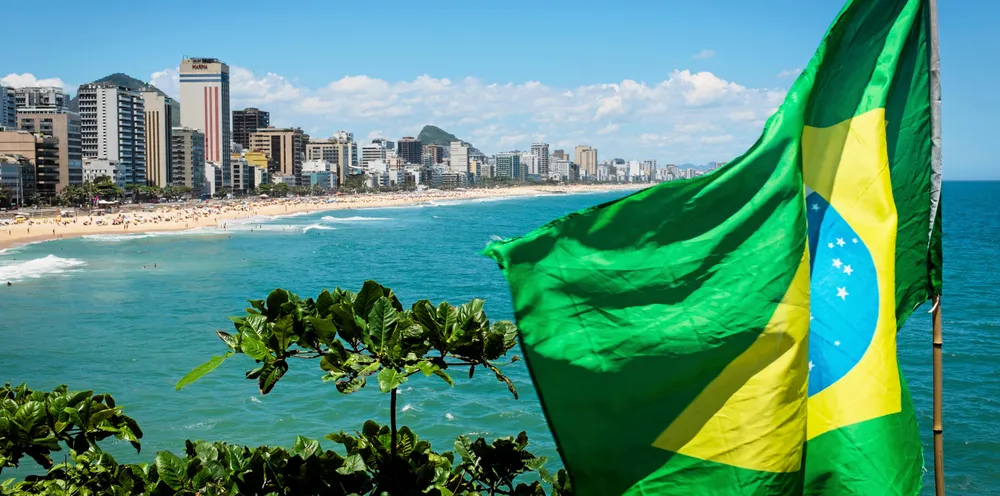Brazil set for first ever green hydrogen next year as EDP races to front of pack
Portuguese group plans 3MW pilot electrolyser facility in state of Ceará with output by end of 2022

Portuguese group plans 3MW pilot electrolyser facility in state of Ceará with output by end of 2022
